Pritti Mistry
Business reporter, BBC News

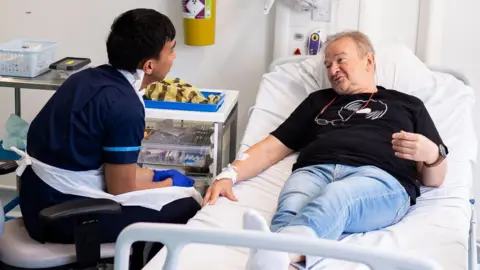 PA Media
PA Media
NHS patients will lose access to new cutting-edge treatments because of skyrocketing costs, the pharmaceutical giant Novartis has claimed amid a row over a drug pricing deals.
The warning comes after talks over the cost of medicines for the UK between Heath Secretary Wes Streeting and pharma firms broke down last week.
A body assesses whether a new drug is value for money before approving it for use on the NHS, but Novartis said its methods were outdated and made it harder for innovative drugs to be approved and launched.
Norvartis's UK boss Johan Kahlstrom said costs meant the UK was "largely uninvestable", but Streeting has vowed he will not allow firms to "rip off" taxpayers.
Swiss firm Novartis said it was not considering the UK for major new investments in manufacturing, research, or advanced technology because of "systemic barriers".
As part of a so-called clawback tax, pharmaceutical firms agreed in 2023 to pay the UK government 15% of their income on sales to the NHS above a certain threshold, aimed at preventing the health service's costs from spiralling out of control.
However, the rate has risen to 23.5%, which Novartis said was more than triple the 7% rate in Germany, for example.
The firm, which employs 78,000 people globally, said patients were losing access to or missing out entirely on new treatments as a result of the current situation.
It said due to the "declining competitiveness" of the UK market, the company had "already been unable to launch several medicines" in the country "for public reimbursement - medicines that are, or soon will be, available to patients in other European countries".
"The concern is that future launches and research investment could be further deprioritised for the UK if the environment remains uncompetitive," the company added.

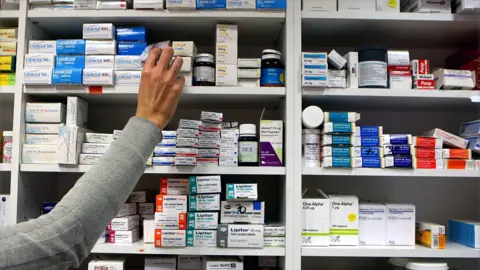 PA Media
PA Media
The National Institute for Health and Care Excellence's (NICE) decides whether a new medicine is cost-effective
The UK government said it had put forward a "generous and unprecedented offer to accelerate growth" in the pharmaceutical sector.
"It would have reduced payment rates for pharmaceutical companies year-on-year, freeing approximately £1 billion over three years for new, life-changing medicines," a statement said.
Streeting previously told the Guardian that drug companies had been "short-sighted" in their approach to the talks.
He told the newspaper: "The pharmaceuticals industry signed up to the deal with the previous government.
"When it came out more expensive to industry than expected, we put forward an unprecedented offer to bring down payment rates for all future years of the scheme and accelerate growth in the sector - but the ABPI (Association of the British Pharmaceutical Industry) failed to reach an agreement."
In a statement, Richard Torbett, chief executive of the ABPI, said the demand for innovative medicines had continued to grow but investment in new treatments was falling due to "uncompetitive and punitive rebates on company revenues".
He said the UK's assessment methods for new drugs had not changed "for nearly a quarter of a century".
"Without change, the UK will continue to fall down international league tables for research, investment, and patient access to medicines," he added.
He said the industry still believed a solution to the row was possible.
'UK is an outlier'
The National Institute for Health and Care Excellence's (NICE) decides whether a new medicine is cost-effective. It uses a unit of measurement called the "Qaly" - the "quality-adjusted life year", which gauges drug effectiveness in terms of how much it would cost to give you a year of healthy life.
It considers medicines costing between £20,000 and £30,000 per Qaly as good value for money.
However, Norvartis claimed NICE's thresholds were outdated because the costings have remained the same since 1999 and not kept pace with rising inflation. It believes the current Qaly figure stands at £50,000.
Mr Kahlstrom, managing director of Novartis' UK and Ireland operations, told the BBC's Today programme that the UK "remains an outlier and patients still lose out and I think we have to be honest about that".
Mr Kahlstrom added the UK was under invested on medicines with "only 9% of the healthcare budget in the NHS" being spent on drugs compared to about 14% in France and 15% in Germany.

 Movie
Movie 3 months ago
231
3 months ago
231 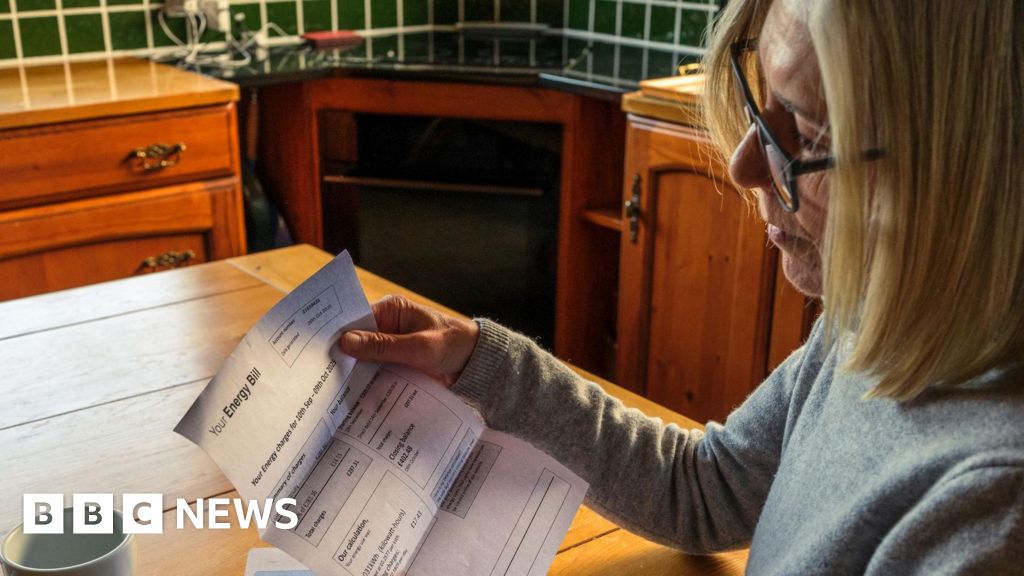
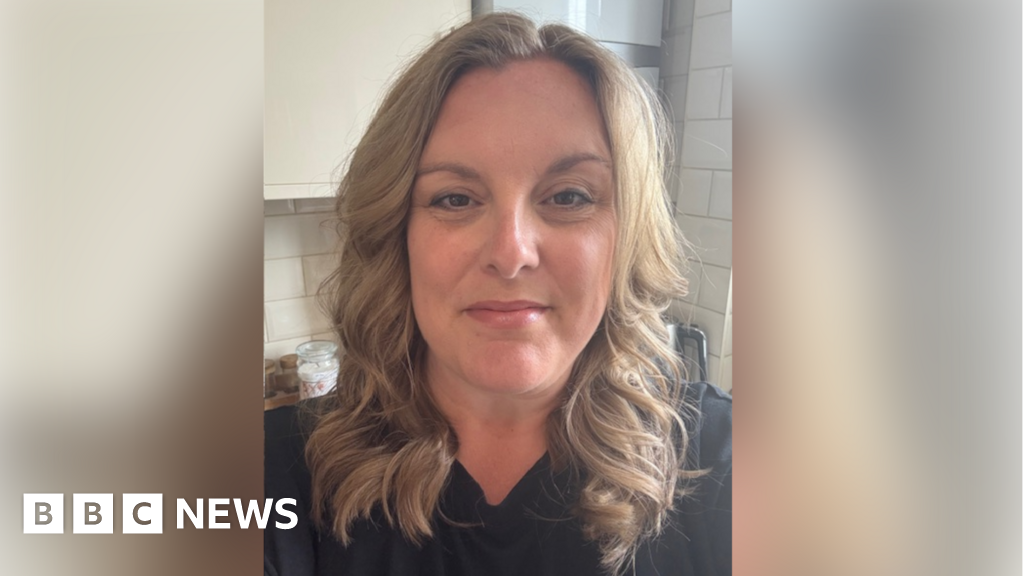

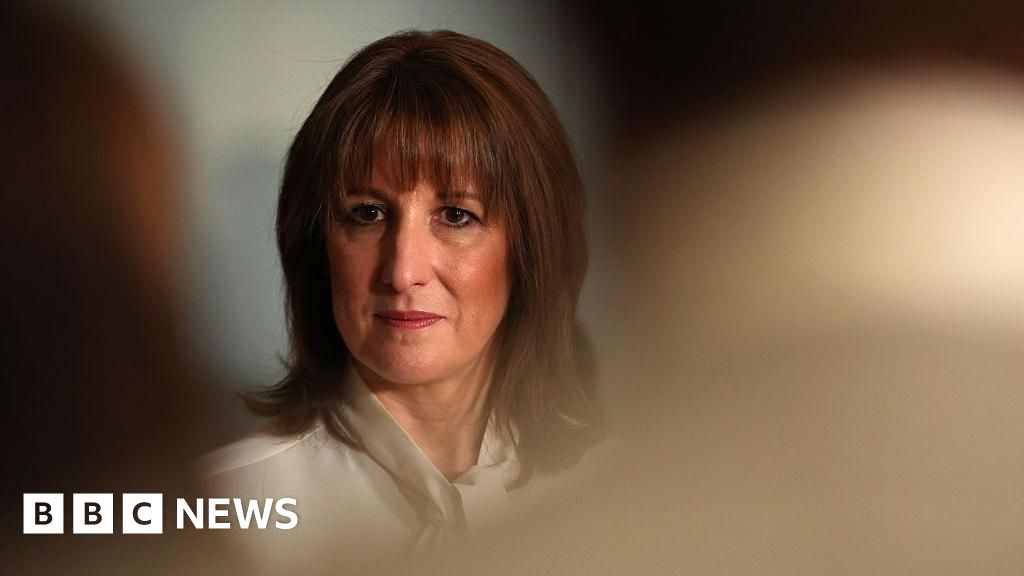


![Presidents Day Weekend Car Sales [2021 Edition] Presidents Day Weekend Car Sales [2021 Edition]](https://www.findthebestcarprice.com/wp-content/uploads/Presidents-Day-Weekend-car-sales.jpg)




 English (United States)
English (United States)